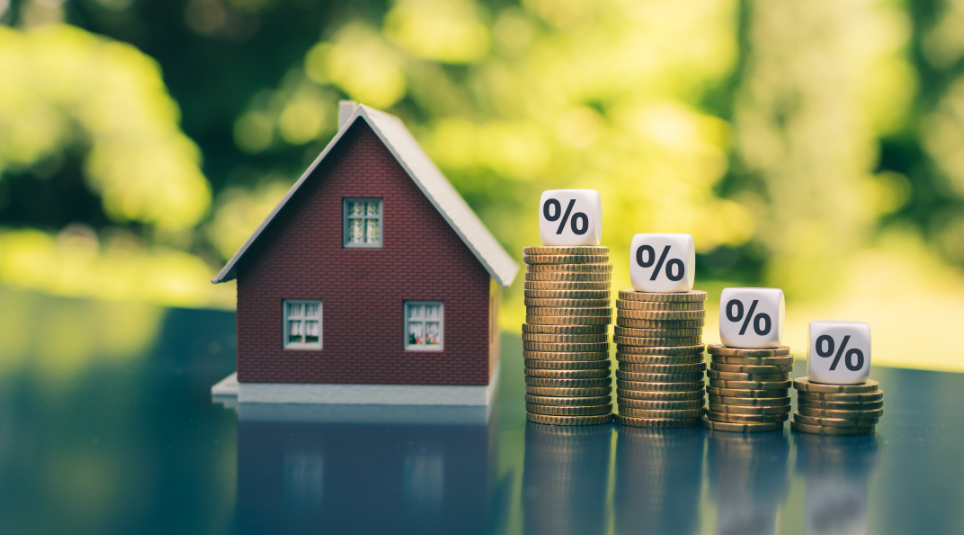When diving into the world of real estate investment, understanding the nuances of investment property interest rates is crucial. These rates determine the cost of borrowing money to purchase an investment property, impacting the overall profitability and viability of the investment. Several key factors influence these rates, and having a grasp on them can better position investors to make informed decisions.
Credit Score
One of the primary factors affecting interest rates is the investor’s credit score. Lenders view those with higher credit scores as less risky, often resulting in lower interest rates. Conversely, a lower credit score can lead to higher rates, reflecting the increased risk the lender perceives. Ensuring a strong credit history is, therefore, essential for securing favourable rates.
Down Payment
The size of the down payment also plays a significant role. Larger down payments typically lead to lower interest rates, as they reduce the loan-to-value ratio, decreasing the lender’s risk. Investors willing to commit a substantial down payment may find themselves benefiting from more attractive financing options.
Type of Property and Its Location
The characteristics of the property itself, including its type (e.g., residential vs commercial) and location, can influence interest rates. Properties considered to have a higher risk, such as those in volatile housing markets or areas prone to natural disasters, might carry higher interest rates. It’s vital to assess the inherent risks of the property’s location and type before proceeding with an investment.
Loan Term and Interest Type
The terms of the loan, including its length and the type of interest rate (fixed or adjustable), also impact the rate. Shorter loan terms often have lower interest rates, as the repayment is faster, reducing the lender’s risk over time. Fixed-rate loans provide consistency over the loan period, whereas adjustable rates may start lower but can fluctuate, affecting long-term cost and risk.
In navigating these factors, enlisting the help of property investment consultants can provide insights and strategies to secure the best possible interest rates. These professionals can offer tailored advice based on current market conditions and individual financial circumstances.
Economic Conditions and Market Trends
Finally, broader economic conditions and real estate market trends can significantly affect interest rates. Economic indicators like inflation rates, employment figures, and GDP growth influence lending rates industry-wide. Additionally, the demand and supply within the property market can cause fluctuations in interest rates.
Conclusion
Understanding the factors that influence investment property interest rates is crucial for making informed investment decisions. From personal financial health to broader economic indicators, these elements collectively determine the cost of borrowing. By carefully considering each factor, investors can position themselves more favourably in the real estate market, potentially securing lower interest rates and enhancing the viability of their investment properties.

